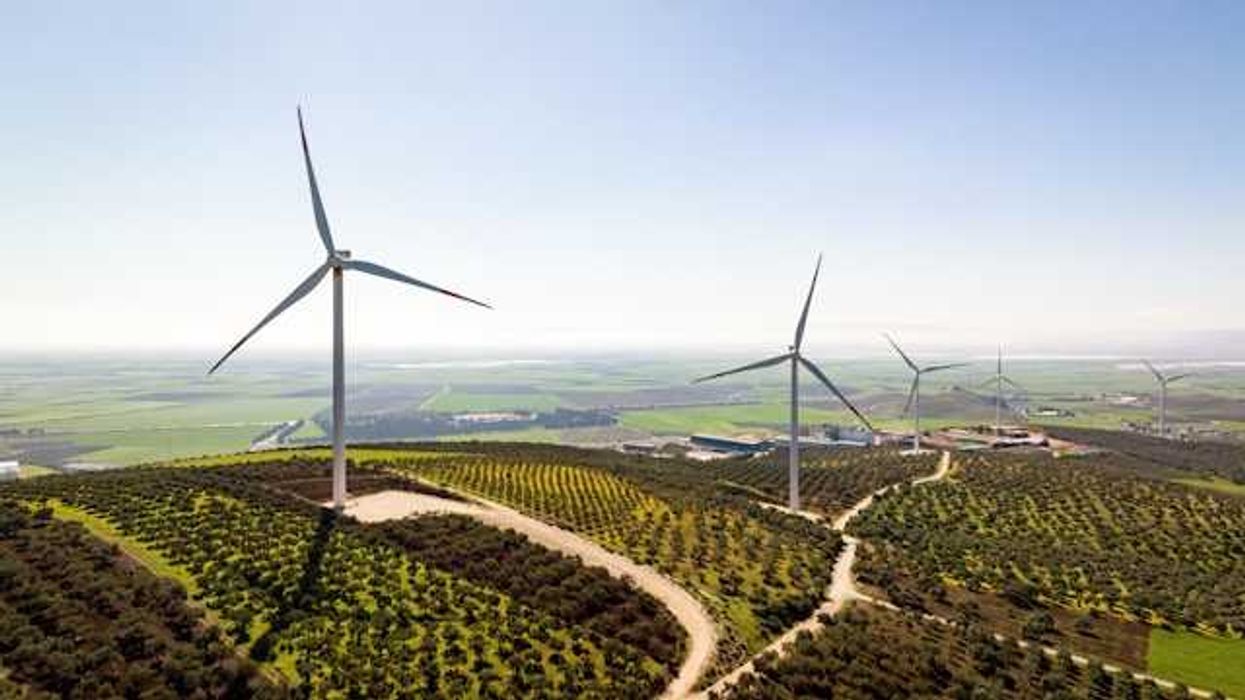Plastic production emits about 5% of global greenhouse gases, but scientists warn that microplastics may also hinder the planet's natural ability to store carbon, amplifying climate change beyond current estimates.
Nicolás Rivero reports for The Washington Post.
In short:
- A new report from the Plastics & Climate Project reveals that microplastics could interfere with ocean and soil processes that lock away carbon, a factor missing in most climate models.
- Microplastics affect oceanic carbon sequestration by disrupting marine snow and altering plankton behavior, while in soil they may impact microbial carbon storage.
- The report calls for more research into plastic's warming potential, especially in light of emerging evidence that plastics may influence Earth's reflectivity and release methane as they degrade.
Key quote:
“An incomplete understanding must not halt action to comprehensively account for plastic climate impacts.”
— Holly Kaufman, senior fellow at the World Resources Institute and a lead author of the report
Why this matters:
Scientists are learning that microplastics affect far more than marine life. These tiny fragments can slow plankton growth, disrupt fish waste, and alter microbial processes in the soil, all of which could reduce Earth’s ability to absorb and store carbon. This undermines a vital natural buffer against climate change. On top of that, plastic particles might change how sunlight reflects off snow, ice, and even clouds — and may emit methane as they break down. These pathways aren’t yet fully understood, but they suggest we’ve been underestimating plastic’s climate footprint. As plastics continue to spread through ecosystems, including remote oceans and mountaintops, it becomes more urgent to study how they affect planetary systems in addition to human health.














